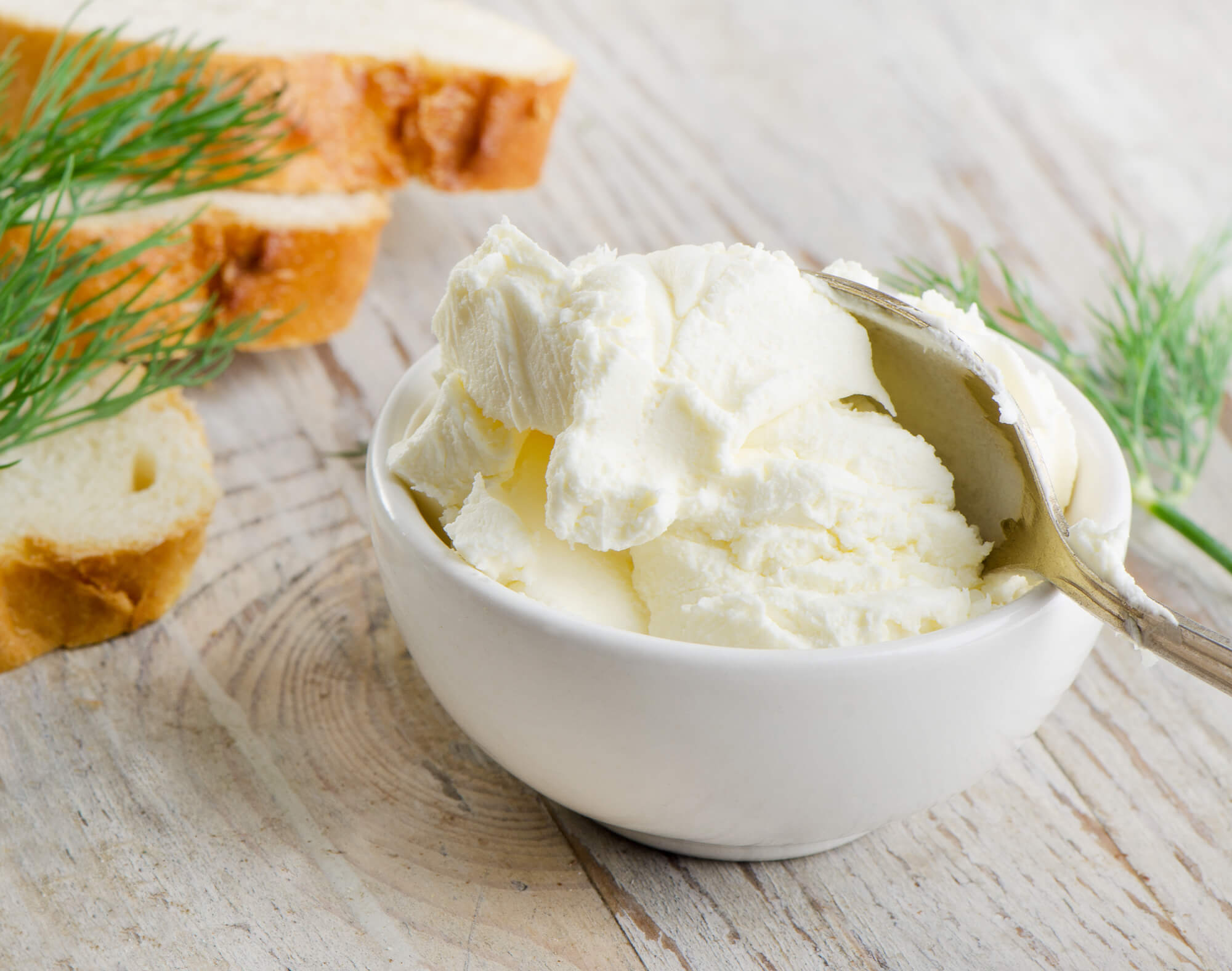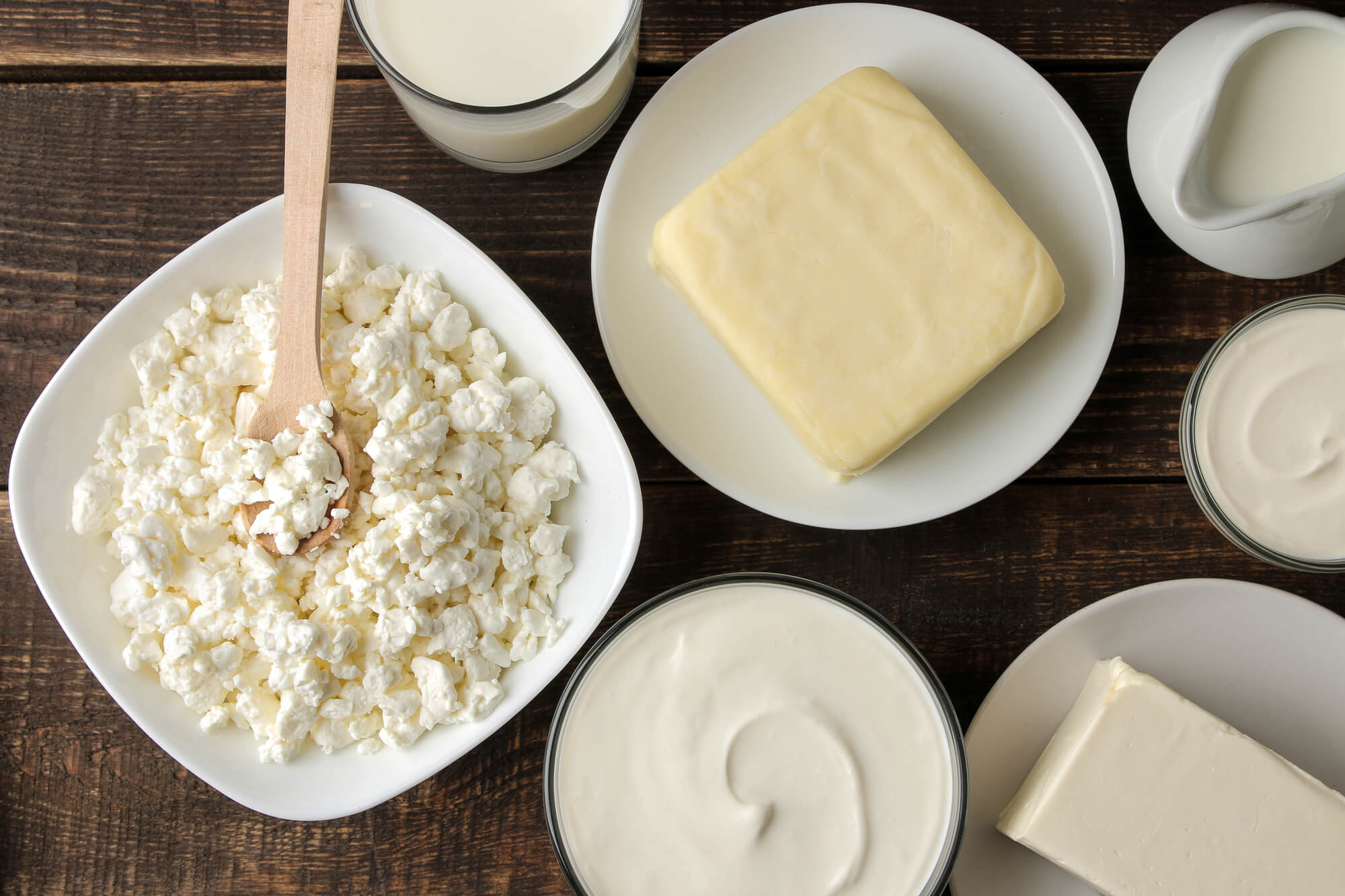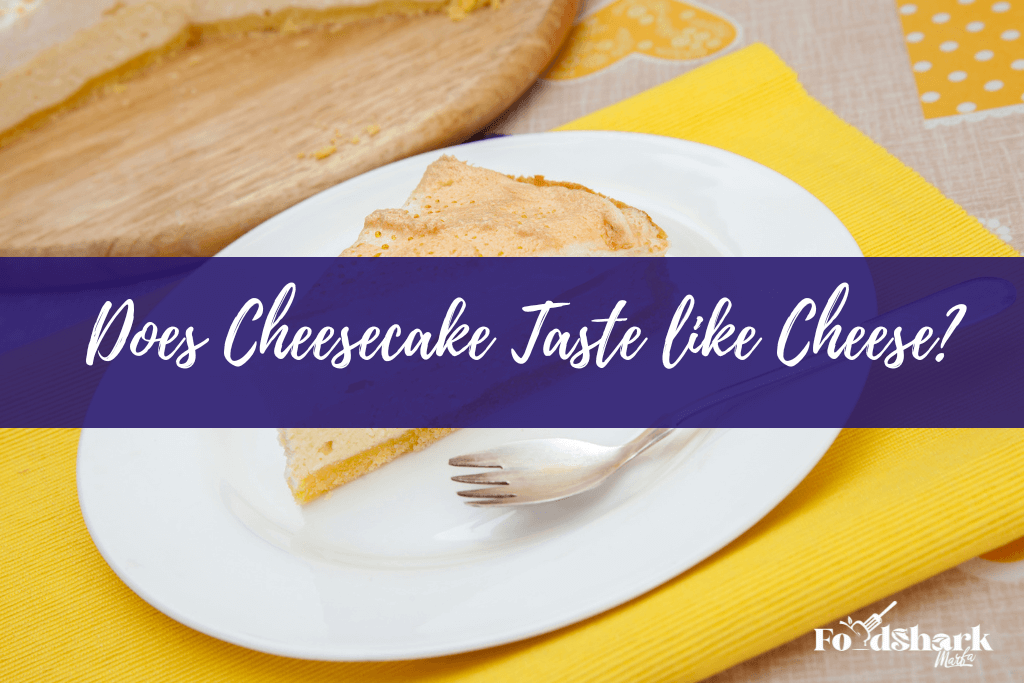There is no denying the fact that cheesecake is one of the most well-liked desserts of all time. It has a flavor that is both sweet and tangy, a texture that is buttery soft, and smooth, and a large variety of toppings that can be added to it. All of these factors contribute to the item's desirability as a food.
The name of this stunning cake, on the other hand, might not make a lot of sense to those who have not yet had it. How is it possible for a cake made of "cheese" to not taste like cheese, and how, if it does taste like cheese, is it even possible for the cake to be edible? Find the answer to this question together, shall we?
What are the ingredients of a cheesecake?

The ingredients for a traditional cheesecake typically include cream cheese, graham cracker crust, sugar, vanilla extracts, heavy cream or sour cream, etc. To begin with, the main ingredient of cheesecake is cream cheese. The tangy and creamy flavor of the dessert comes from the cream cheese, while the sweetness comes from the sugar. You can get Philadelphia cream cheese here.

Another important ingredient is the graham cracker crust. Crumbs of graham crackers, sugar, and melted butter are the ingredients that go into making the graham cracker crust. It is used as the foundation for the cheesecake and lends a crunchiness to what would otherwise be a very dense cake. Click here to get graham crackers for your crust.
Moreover, the cheesecake gets its velvety smoothness from the eggs, which also contributes to its ability to bind the other components together, and the flavor comes from vanilla extract.
Finally, when heavy cream or sour cream is added to the cheesecake, the flavor is brought together and the level of richness is raised. These components make up the foundation of a traditional cheesecake; however, your personal preferences or the recipe you follow may cause some of these components to differ.
What does cheesecake taste like?
The flavor of a traditional cheesecake is distinctive in comparison to that of regular cakes. It has a sweet, sour, and tangy flavor, and its flavor profile is most comparable to that of cream cheese and heavy cream. The flavor is mostly sweet and unremarkable all through the crust.
The toppings that are used also have a significant impact on the taste and flavor of the dish. You have an almost infinite number of topping options to choose from for your cheesecake. You can use anything from chocolate and caramel to whipped cream, nuts, fresh fruit, and even sauces. Cheesecakes can be topped with a variety of different things, the most common of which are fruit sauces like blueberry, raspberry, and strawberry together with fresh fruits that have been cut up.
In conclusion, the flavor of cheesecake is comparable to that of sweet and tangy cream cheese, and the delicious toppings that are used contribute to this flavor.
Is the taste similar to cheese?

Even though cheesecake has a flavor that is somewhat comparable to that of cream cheese, it is not at all the same as the flavor of classic cheeses such as cheddar, mozzarella, gaudier, and so on. This is due to the fact that the primary ingredient, cream cheese, while technically classified as a form of cheese, is not really similar to other varieties of traditional cheeses. Because of this, cheesecake does not really taste like what we traditionally recognize to be the taste of cheese.
How does the taste of cream cheese differ from that of other kinds of cheese?

Cream cheese tastes different from other traditional cheeses due to a variety of factors.
To begin with, as the term "cream cheese" implies, it has a smooth and spreadable texture similar to cream. This texture distinguishes cream cheese from other types of cheese. Other cheeses may have a hard, stringy, or crumbly texture.
Again, the flavor profile of cream cheese and other forms of cheese is substantially different. Cream cheese has a delicate and mild flavor. It is significantly sweeter and less acidic than the other varieties. Cream cheese's mild flavor makes it an ideal contender for cheesecakes, since the flavor profile blends nicely with the other components and toppings, resulting in a delightful meal.
Third, the procedure and time required to create various types of cheese alter their taste. Though all types of cheese are manufactured from some form of milk, the other ingredients vary. The time it takes to manufacture the cheese also has an impact on its flavor. Cream cheese, for example, is almost always consumed fresh and early. As a result, unlike other forms of cheese such as blue cheese, it does not have enough time to develop more nuanced flavors.
Overall, The flavor of cream cheese is generally mild and adaptable, which makes it a popular component in a wide variety of foods and desserts. In contrast, the flavor of other forms of cheese can range from tangy to salty to earthy and nutty, depending on the type of cheese.
Frequently Asked Questions
What are the health benefits of cheesecake?
Even though cheesecake is considered to be unhealthy to consume due to its high calorie and fat content, it can also offer some health benefits if consumed in moderation. For example, cheesecake is made of cream cheese which is a great source of calcium. According to USDA, calcium is fundamental to the human body in terms of growing strong bones and teeth, muscle and nerve function, movement of blood through blood vessels, etc.
Cheesecake also provides a good amount of protein, vitamins, and probiotics that help maintain our strength, maintaining gut health, etc.
Can cheesecake cause allergic reactions?
Yes, cheesecake can cause allergic reactions in some individuals. The main ingredients of cheesecake are milk, eggs, wheat, etc. If someone has an allergic reaction to these components, they will also get an allergic reaction after consuming the cake. Moreover, sometimes nuts are used to top cheesecakes. If you are allergic to nuts, make sure to avoid these types of cheesecakes.
Conclusion
To summarize, cheesecake does not taste like cheese in the classic sense. Cream cheese, the main component in cheesecake, is not the same as typical cheeses like cheddar or mozzarella since it has a mild, sweet, and smooth flavor profile that distinguishes it from other cheeses. Toppings help to enhance the flavor of the cheesecake, making it a flexible and tasty dessert. However, it is important to remember that cheesecake should be consumed in moderation due to its high calorie and fat content.


